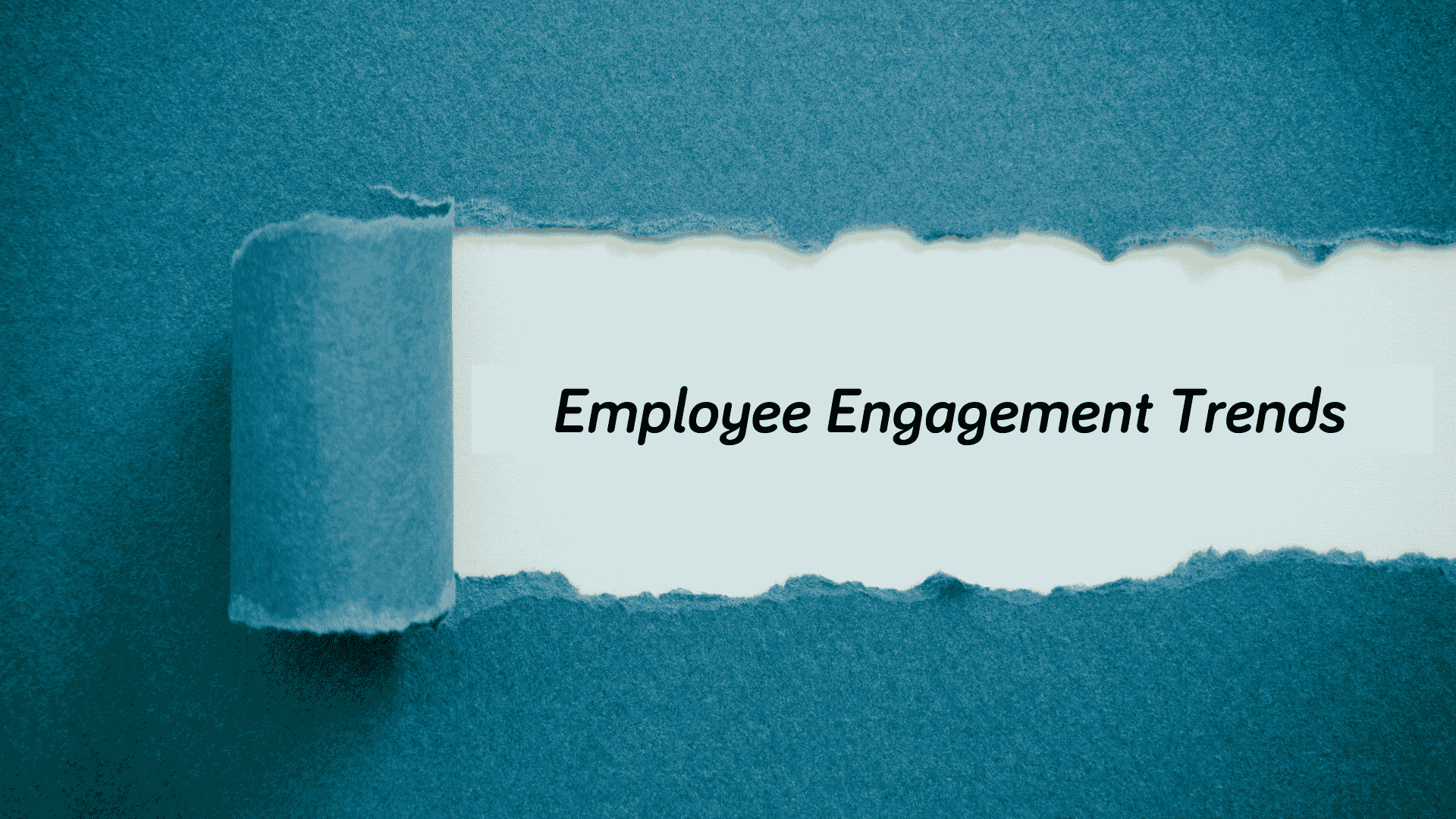Revolutionising Payroll: The Power Of Biometric Payroll Systems
February 26, 2024Categorised in: News, Payroll, Technology
In the ever-evolving landscape of technology, traditional payroll systems are undergoing a transformative shift, giving rise to the era of biometric payroll systems. This cutting-edge technology is reshaping the way businesses manage their payroll processes, offering enhanced security, accuracy, and efficiency.
At its core, a biometric payroll system leverages unique biological characteristics to verify and authenticate the identity of employees. Rather than relying on traditional methods such as PINs or swipe cards, this system can utilise fingerprints, facial recognition, or even iris scans to ensure that the right person is receiving the right payments.
Key Benefits Of A Biometric Payroll System
Benefits that make biometric payroll systems a game-changer for businesses include:

The Legalities Of Biometrics Data Storage
The implementation of biometric payroll systems is not just a technological trend, it is also a response to regulatory requirements. With increasing emphasis on data protection and privacy laws, businesses are under pressure to ensure that sensitive employee information is handled with the utmost care. Biometric systems comply with these regulations by storing data in an encrypted format, adding an extra layer of protection against potential breaches.
On the flip side, despite the numerous benefits, the adoption of biometric payroll systems does raise some ethical considerations and privacy concerns. Critics argue that the collection and storage of biometric data may pose a risk to individual privacy if not handled responsibly. Therefore, companies must prioritise robust security measures, transparent policies, and compliance with data protection laws, to address these concerns and build trust among employees.
The era of biometric payroll systems represents a revolutionary step forward in the realm of payroll management in the UK. The amalgamation of heightened security, accuracy, and efficiency not only safeguards companies against fraud and errors, but also contributes to a more streamlined and environmentally conscious workplace.
As technology continues to advance, embracing biometric payroll systems is not just a choice but a strategic necessity for businesses looking to stay ahead in the dynamic landscape of the modern workplace.
Transform Your Payroll With HIVE360 Support Services Ltd
By partnering with us, you can transform your companies payroll, saving you time and money. Our team of experts are at the forefront when it comes to legislation, compliance and technology. Speak to us today or book an exploratory meeting here.




